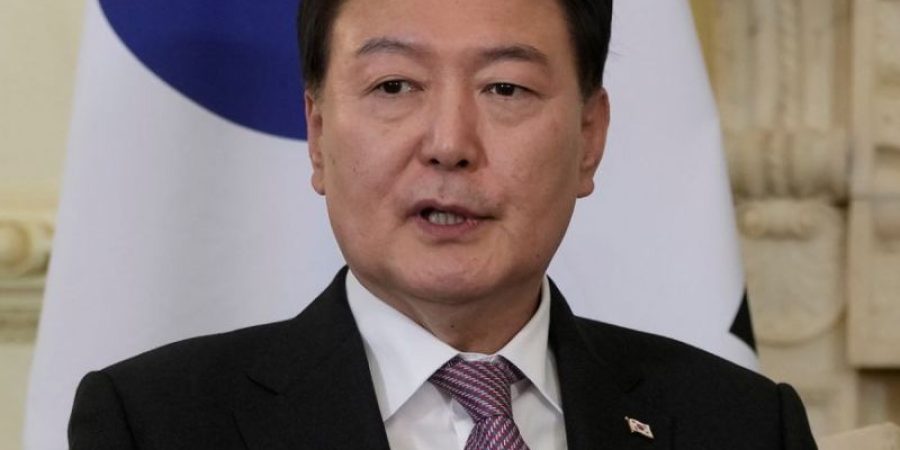Impeached South Korean President Yoon Suk-yeol has refused to comply with a second summons for questioning over his controversial declaration of martial law, deepening the political crisis engulfing the nation.
Yoon, who faces accusations of insurrection and abuse of power, was ordered to appear at the Corruption Investigation Office for High-ranking Officials (CIO) in Gwacheon, south of Seoul, at 10 a.m. on Wednesday but failed to attend. This follows his earlier absence from a December 15 summons by prosecutors.
Suspended from his duties since December 14, Yoon was impeached by the National Assembly in a decisive 204-85 vote. The Constitutional Court is currently deliberating whether to uphold the motion, a decision requiring approval from six of the nine justices. The court’s first public hearing on the matter is scheduled for December 27, with a final ruling expected within six months. If the court affirms Yoon’s impeachment, South Korea would hold new presidential elections within two months.
The controversy stems from Yoon’s short-lived declaration of martial law on December 4, which he claimed was necessary to combat “anti-state forces.” The declaration, widely criticized as an unprecedented abuse of executive power, marked one of the most significant political crises in South Korea in decades.
Yoon, formerly the nation’s top prosecutor before transitioning into politics, has staunchly defended his actions as legal and pledged to cooperate with ongoing investigations. “I will fairly confront these allegations,” Yoon stated, maintaining that the martial law declaration was necessary to preserve national stability.
The fallout from the impeachment continues to divide South Korea’s political landscape, with public and political discourse centered on the limits of executive authority and the nation’s commitment to democratic principles. The Constitutional Court’s decision will likely shape the country’s political trajectory for years to come.
Chioma Kalu
Follow us on:


